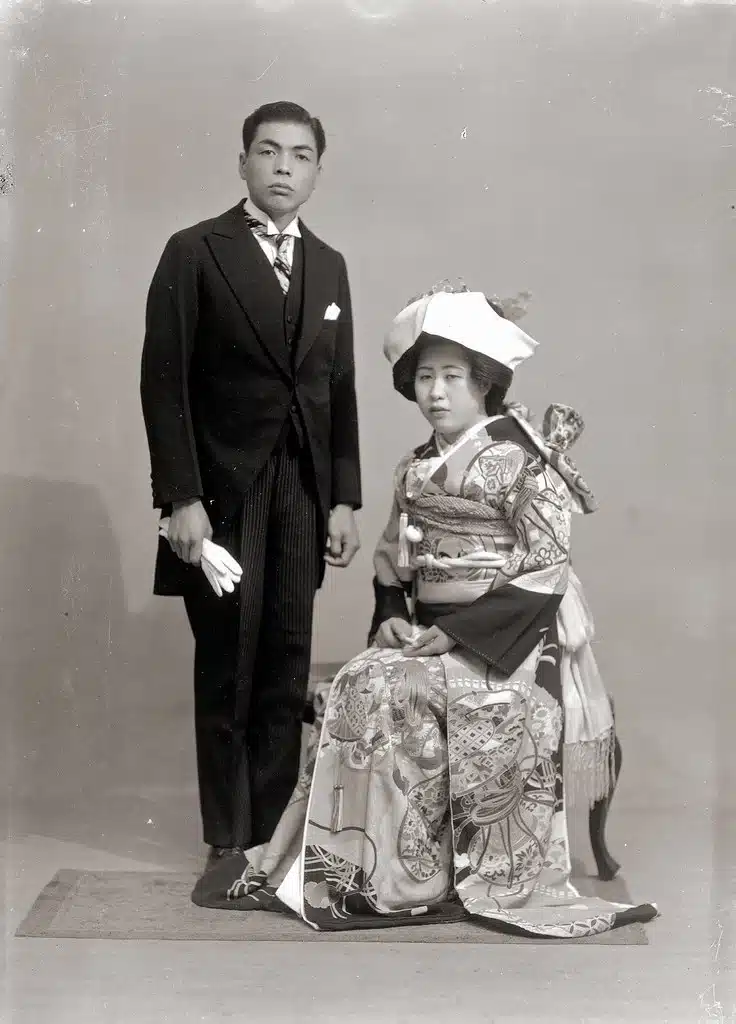Posted inQuestion about Japan
What is the average body fat percentage in Japan?
This article discusses the average body fat percentage in Japan, which is slightly lower than the global average of 25%. Factors such as gender, age, diet, and activity level can affect an individual's body fat percentage. Men tend to have a lower average body fat percentage than women do in Japan, and older adults tend to have higher levels than younger adults. Diet modifications and regular exercise are recommended for those struggling with elevated body fat percentages.


